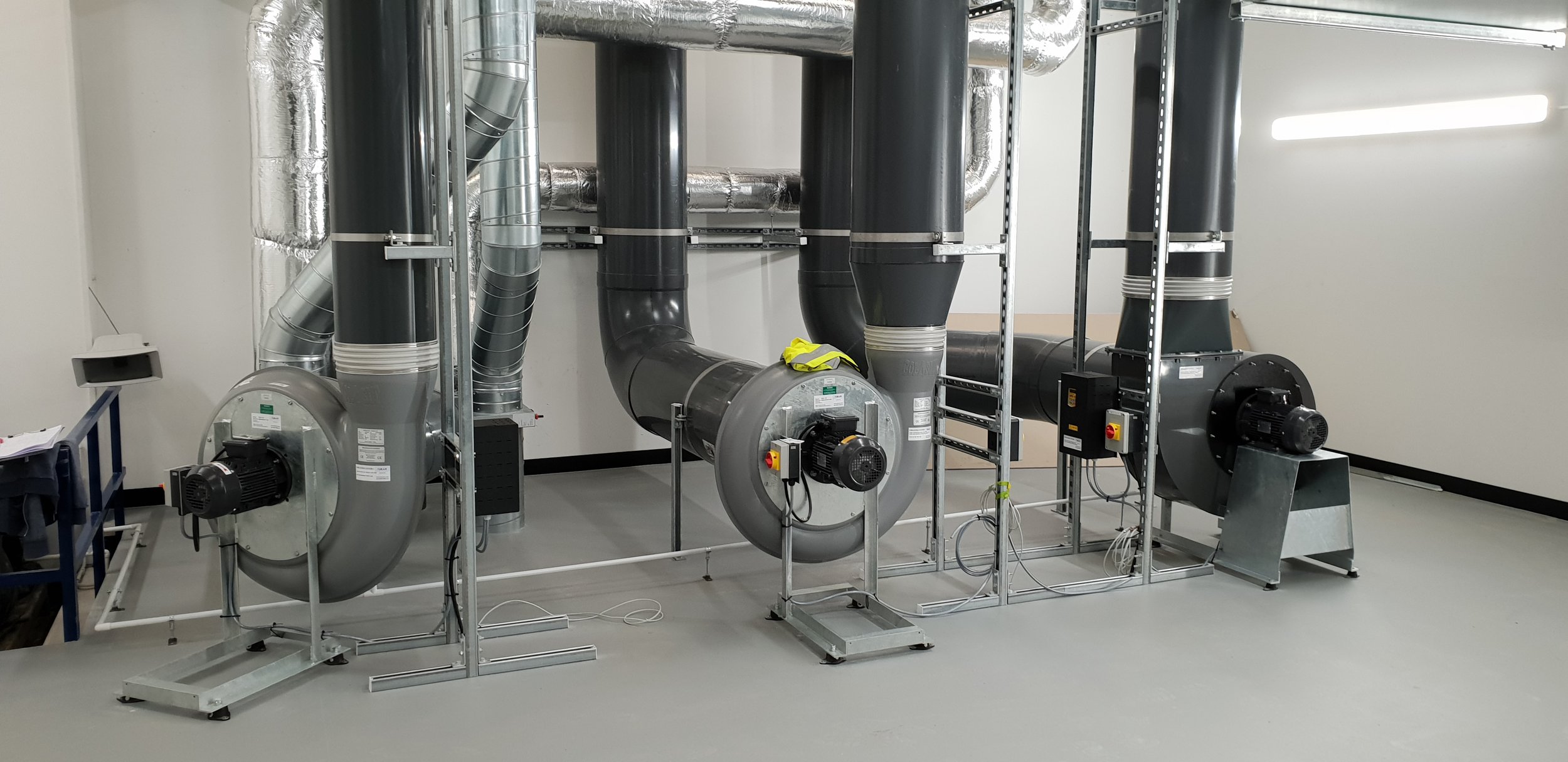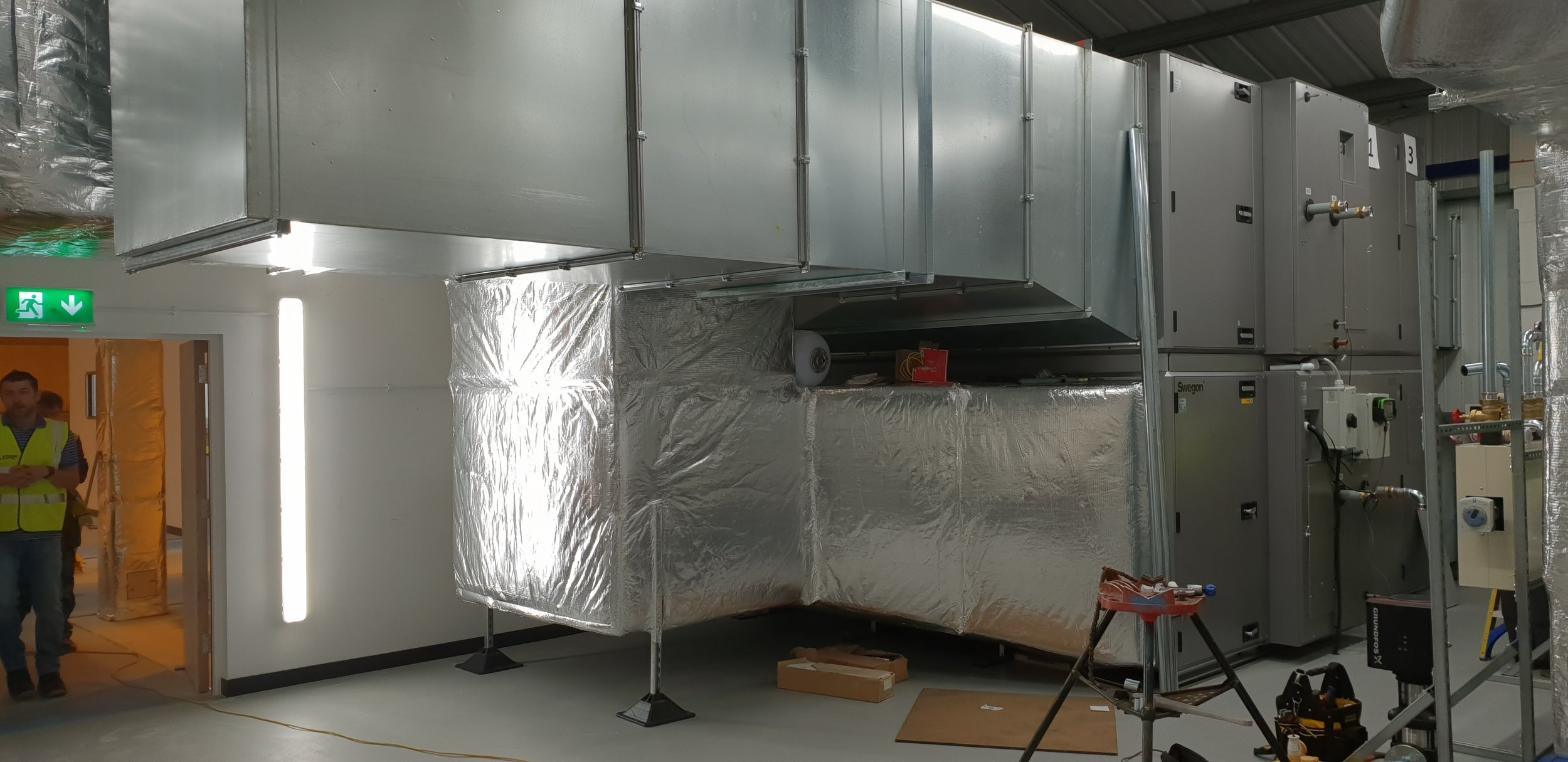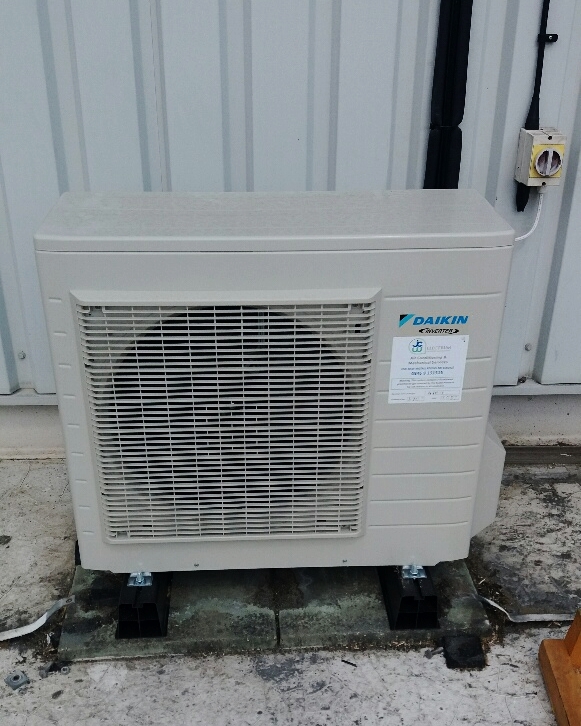Capital Expenditure: How will you invest?
/With 2018 a distant memory, many companies will have now reviewed and renewed their CapEx budget for this year. But what are the best ways to invest your company’s money?
You may be looking to acquire new plant, mechanical or air conditioning systems and there are a few reasons why you should. Not least could it to save on the cost of future planned maintenance, help increase productivity through a comfortable environment or even to help achieve Corporate Social Responsibility (CSR) through investing in more environmentally friendly systems.
CapEx vs OpEx
When the an expenditure spent on plant or mechanical systems benefits a company for the period of over a year, it must appear as a capital asset on the balance sheet. Hence the term: CapEX. If the benefit is for less than 1 year, the expense comes under Operational Expenditure (OpEx).
CapEx budgets are generally reviewed, usually annually, and can be invested by the company in the installation of, upgrades and/or repairs to equipment vital to the business’s operation. By investing in new systems, this can have a positive effect on their OpEx spend, as the new systems will be more reliable, run more economically and efficiently.
Replace failing equipment
Throughout the year our clients’ planned preventive maintenance expenses come under their OpEx budget which they continually review and evaluate. By using a new CapEx budget, our clients can replace equipment which is regularly failing and requiring repairs as well as systems which have become obsolete. Many of our clients confirm their CapEx budget in January, or the beginning of their financial year. This is a busy time for us as our design and installation teams are attending regular site meetings, discussing and advising the best system to install to meet our customers individual requirements.
Our team offer a range of integral plant and mechanical equipment installation services, which can be tailored to suit a CapEx budget, such as:
commercial water heating systems
air-conditioning and air handling ventilation systems
plant room refurbishments
solar PV
electrical systems, including lighting
fire alarm systems
life safety equipment
emergency lighting systems
System life expectancy
The life expectancy of plant and mechanical systems can vary depending on how much they are used, how well they are maintained, how old the technology is and where they are located. Approved installers often indicate on the installed equipment, the recommended life span and ideal maintenance plan for that particular system.
Inspection reports and maintenance records are produced after service visits have taken place, these will indicate the current condition of the equipment, including any recommended remedial work. At times, particularly on obsolete systems, the simple cost of the recommended repair can prompt the preference to replace with new, more reliable and efficient equipment.
Even if your mechanical, HVAC, electrical or gas systems are seemingly operating normally, if your energy bills are unusually high, it may be time to seek advice on newer technology that is more energy efficient.
Our clients planned maintenance schedules can vary and we tailor these to cater for the type of equipment installed, how much they are used and where the building is located. For example, a high street facing retail store with an open door policy and a heavy footfall will likely require more regular maintenance visits when compared to an industrial unit mainly used for storage with just a handful of employees.
The amount of regular load on the system will affect its life expectancy.
What are you planning for your CapEx budget?
If you are considering utilising your CapEX budget on new plant, mechanical or air conditioning equipment then get in touch with us. Whether you are looking for a simple split air conditioning system or a complete plant room refurbishment, we can provide help and advice and assist you to future proof your equipment.
Capital Allowance
Money spent on plant and mechanical systems that are energy efficient can also be claimed as capital allowances. See more information here.
















